Indigenous Governance Database
Civics
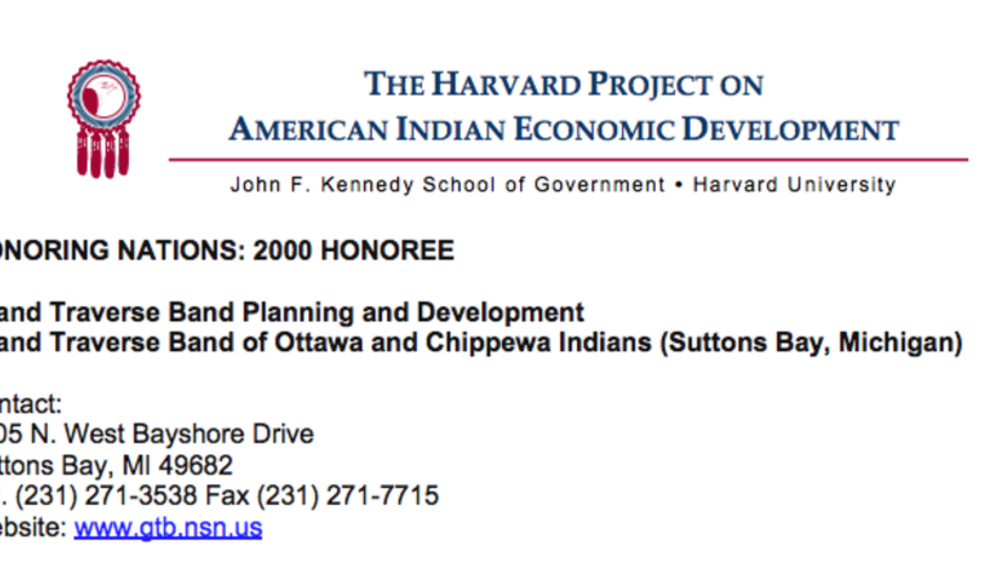
Grand Traverse Band Planning and Development
Faced with a growing land base and an increasing number of visitors to the reservation, the Grand Traverse Band Tribal Council established the Planning and Development Department in 1997 to build capacity within the community to accommodate new needs. The Department addressed its challenge by…
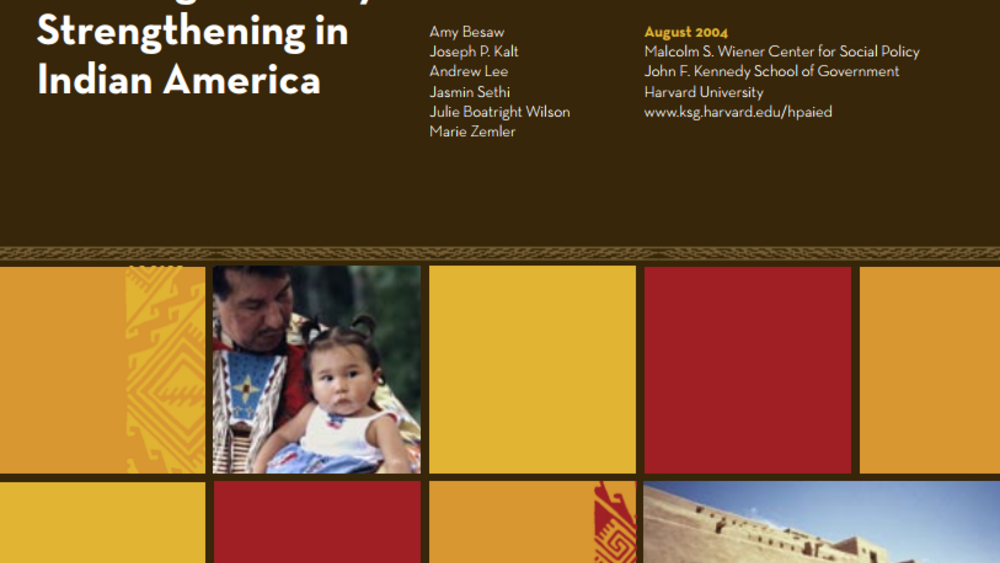
The Context and Meaning of Family Strengthening in Indian America
This report presents five specific, field-based case studies of successful efforts to support the well-being of Native American children. These successful programs were conceived of, implemented by, and generally funded by Tribal communities. These programs include the Ya Ne Day ah School in…
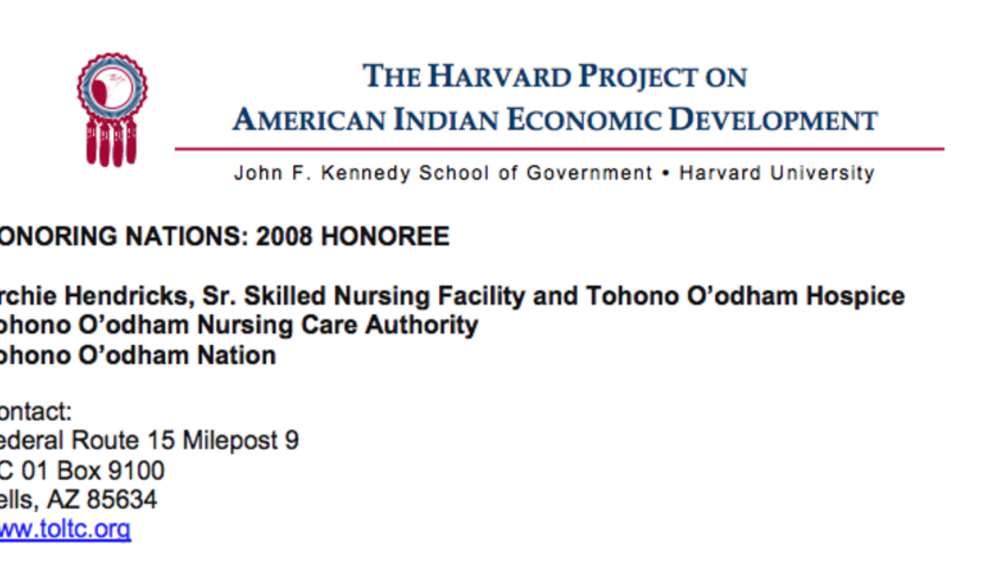
Archie Hendricks, Sr. Skilled Nursing Facility and Tohono O'odham Hospice
For decades Tohono O’odham elders in need of skilled nursing had to move far away from family and friends to receive care, or stay home and forgo long-term care services. However, with the opening of the Archie Hendricks, Sr. Skilled Nursing Facility, O’odham elders can now remain in the community…
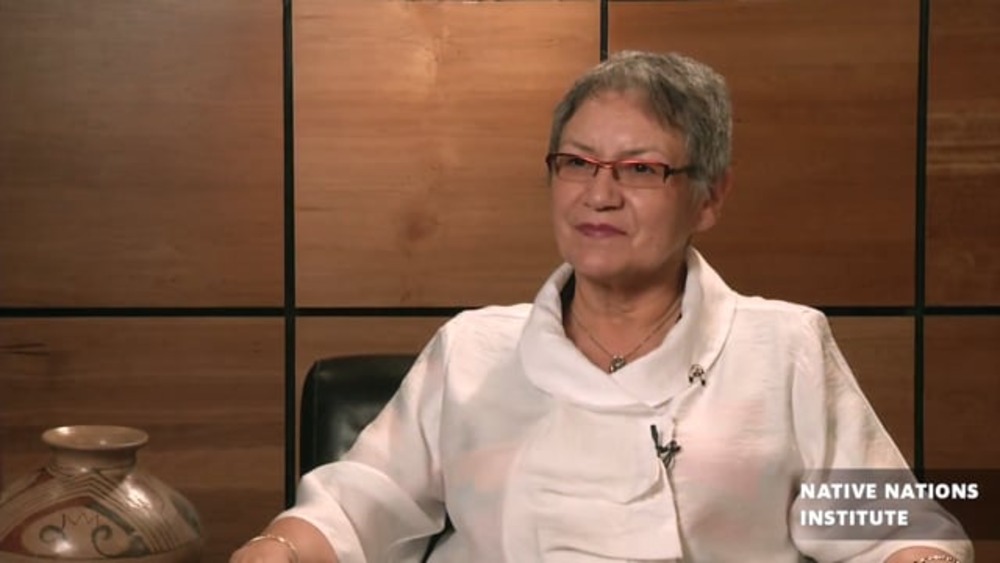
Sophie Pierre: Governance the Ktunaxa Nation Way
Sophie Pierre is a respected native leader that has been at the forefront of building key components and infrastructure for modern self-governance in the Ktunaxa Nation. Her tenure as Chief Commission for the BC Treaty Commission appointed by governments of Canada and British Columbia and the First…
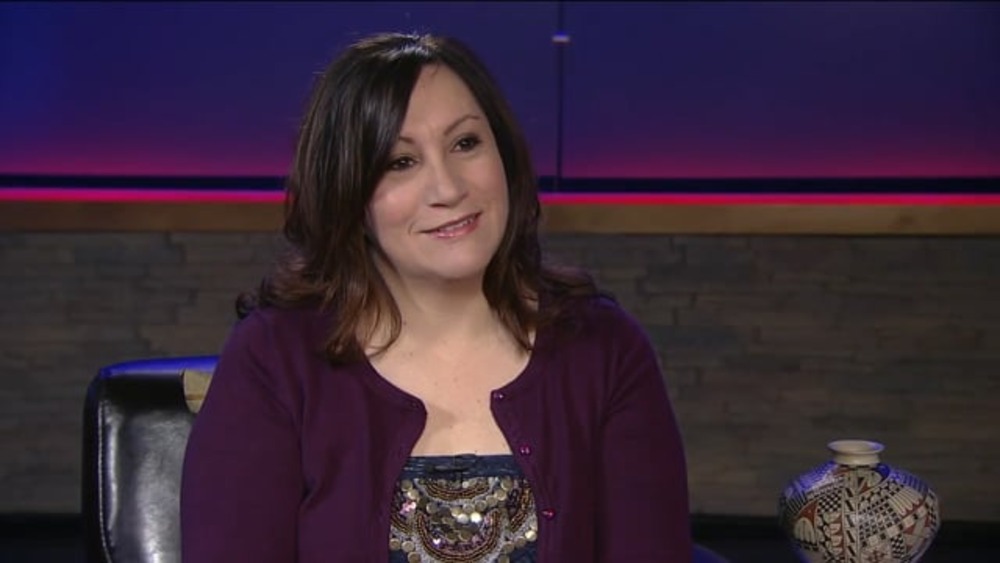
Eileen Briggs: The Importance of Data and Community Engagement
Eileen Briggs is a citizen of the Cheyenne River Sioux Tribe and is the Executive Director of Cheyenne River Sioux Tribal Ventures. She is also the Principal Investigator on "Cheyenne River Voices Research" — a reservation-wide research project including a household survey of over…
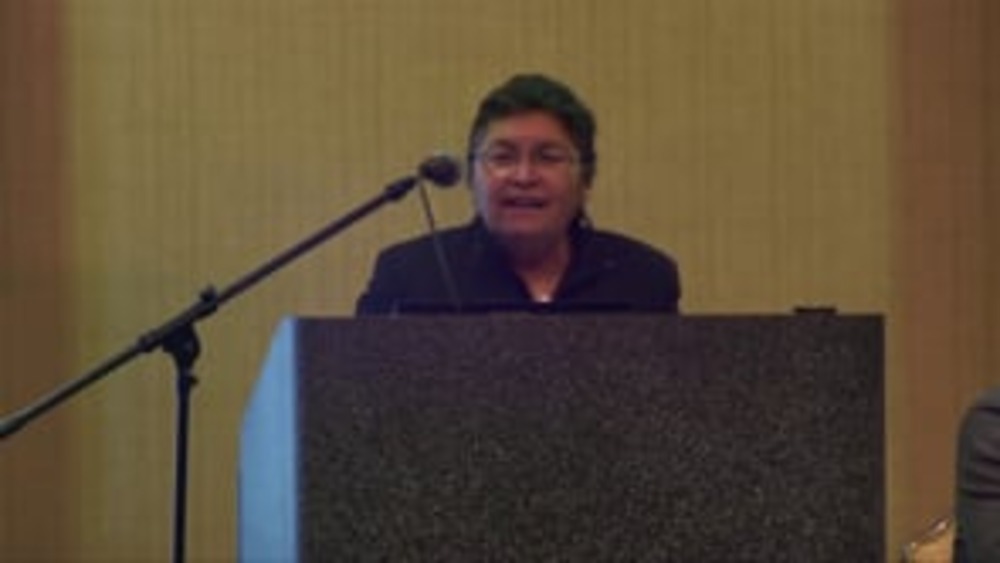
Sharon Day: Disenrollment: Contemplating A More Inclusive Approach
Sharon Day (Bois Forte Band of Chippewa) makes a compelling case for Native nations to abandon externally imposed criteria for citizenship that continue to cause internal divisions within Native nations and communities and instead return to Indigenous cultural values and teachings predicated on…
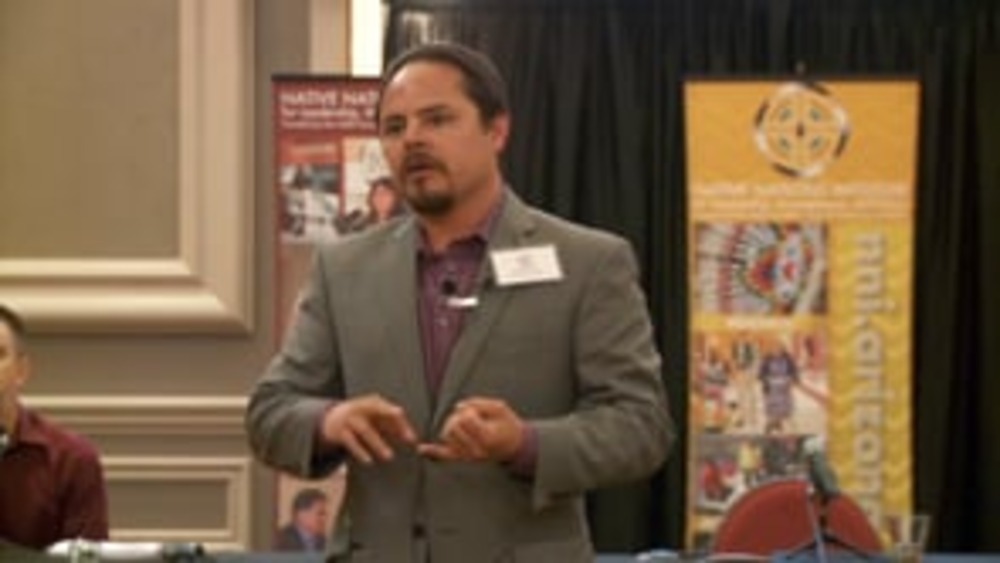
Carlos Hisa and Esequiel (Zeke) Garcia: Ysleta del Sur Pueblo: Redefining Citizenship
Carlos Hisa and Esequiel (Zeke) Garcia from Ysleta del Sur Pueblo (YDSP) provide an overview of the approach that YDSP is following as it works to redefine its criteria for citizenship through community-based decision-making. They also share the negative impacts that adherence to blood quantum as…
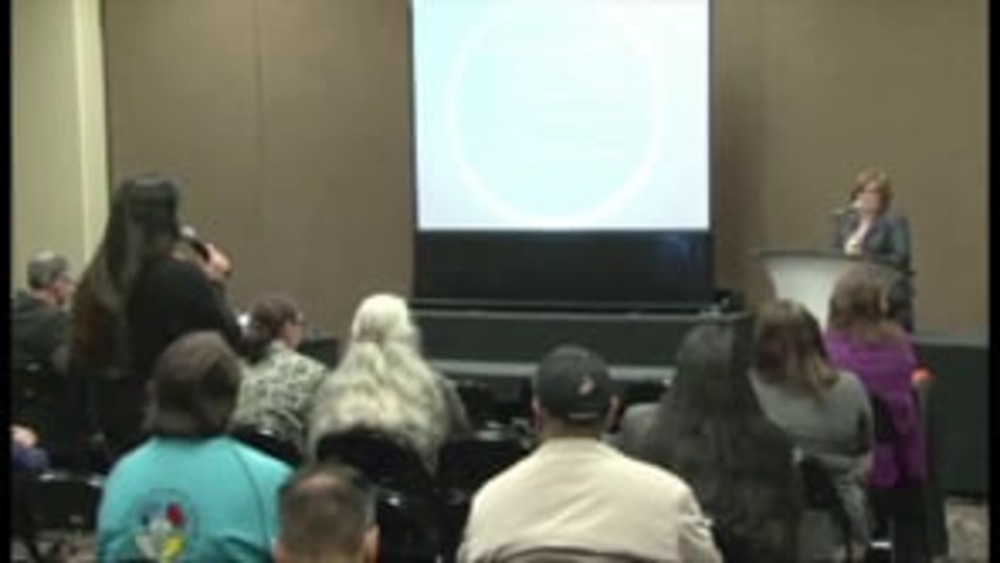
Jim Gray and Patricia Riggs: Citizen Engagement: The Key to Establishing and Sustaining Good Governance (Q&A)
Presenters Jim Gray and Patricia Riggs field questions from audience members about the approaches their nations took and are taking to engage their citizens and seed community-based, lasting change. In addition, session moderator Ian Record offers a quick overview of some effective citizen…
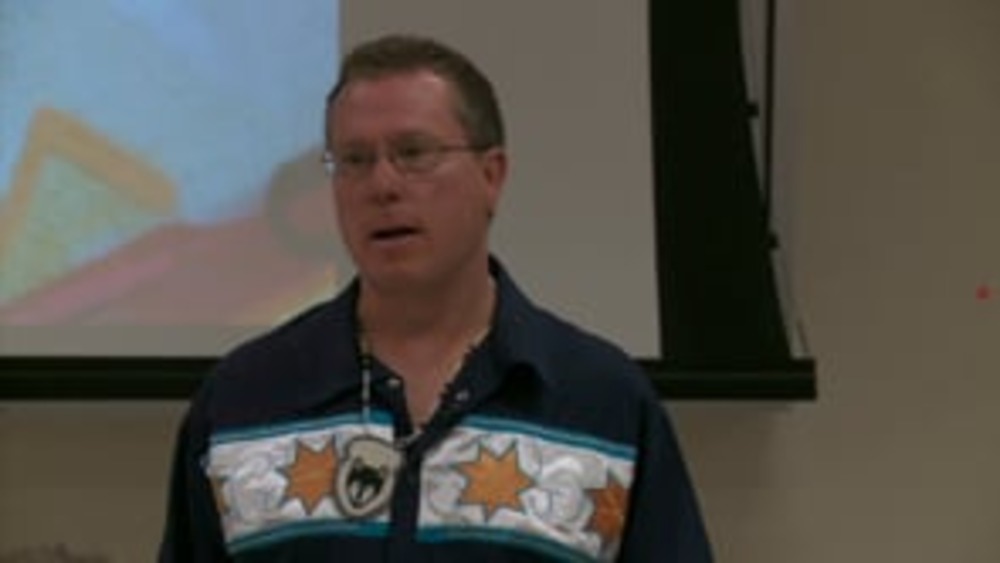
Jeff Corntassel: Sustainable Self-Determination: Re-envisioning Indigenous Governance, Leadership and Resurgence
Scholar Jeff Corntassel (Cherokee) lays out his comprehensive explanation for what sustainable self-determination entails for Indigenous peoples in the 21st century, and provides examples of some of the ways that he and others are engaging in small and large acts of resurgence that contribute to…
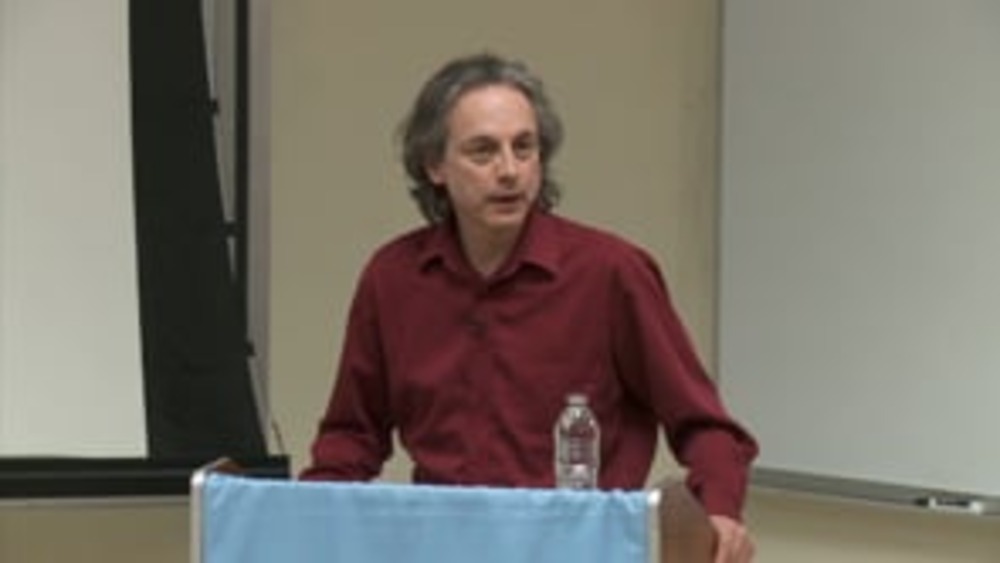
Robert Innes: Elder Brother and the Law of the People: Maintaining Sovereignty Through Identity and Culture
Robert Innes, a citizen of the Cowessess First Nation in Saskatchewan, discusses how traditional Cowessess kinship systems and practices continue to structure and inform the individual and collective identities of Cowessess people today, and how those traditional systems and practices are serving…
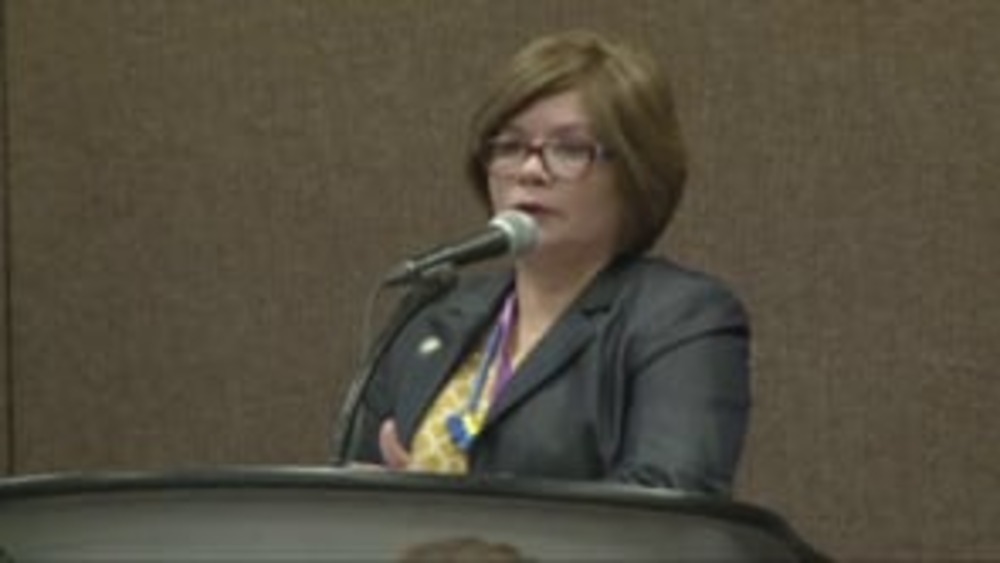
Patricia Riggs: The Role of Citizen Engagement in Nation Building: The Ysleta del Sur Pueblo Story
Patricia Riggs, Director of Economic Development for Ysleta del Sur Pueblo (YDSP), discusses how YDSP has spent the past decade developing and fine-tuning its comprehensive approach to engaging its citizens in order to identify and then achieve its nation-building priorities. This video resource…
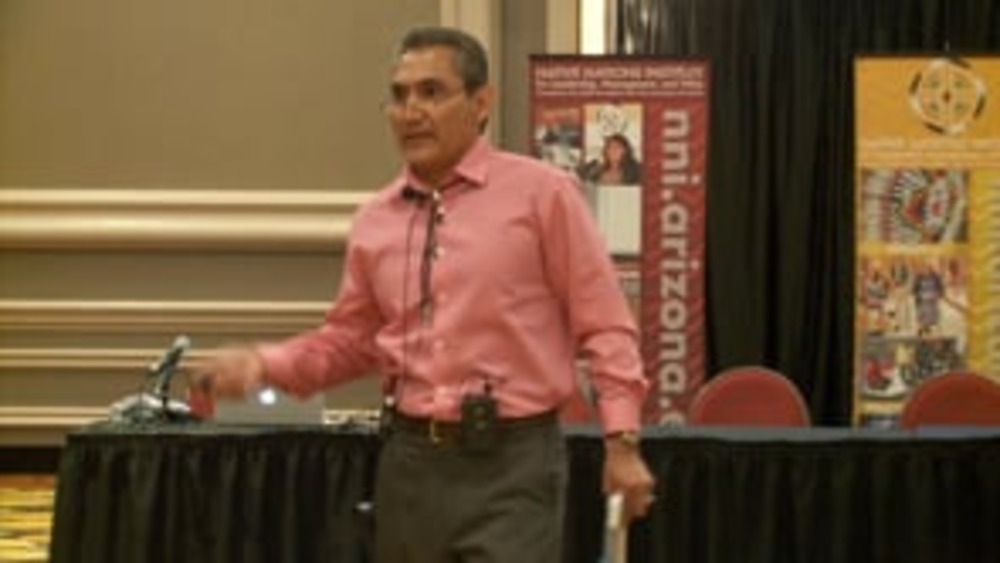
Joseph Flies-Away: Knowing, Living and Defending the Rule of Law
Joseph Flies-Away (Hualapai), Associate Justice of the Hualapai Nation Court of Appeals, discusses the importance of Native nations building and living a sound, culturally sensible rule of law -- through constitutions, codes, common law and in other ways -- that everyone in those nations knows,…
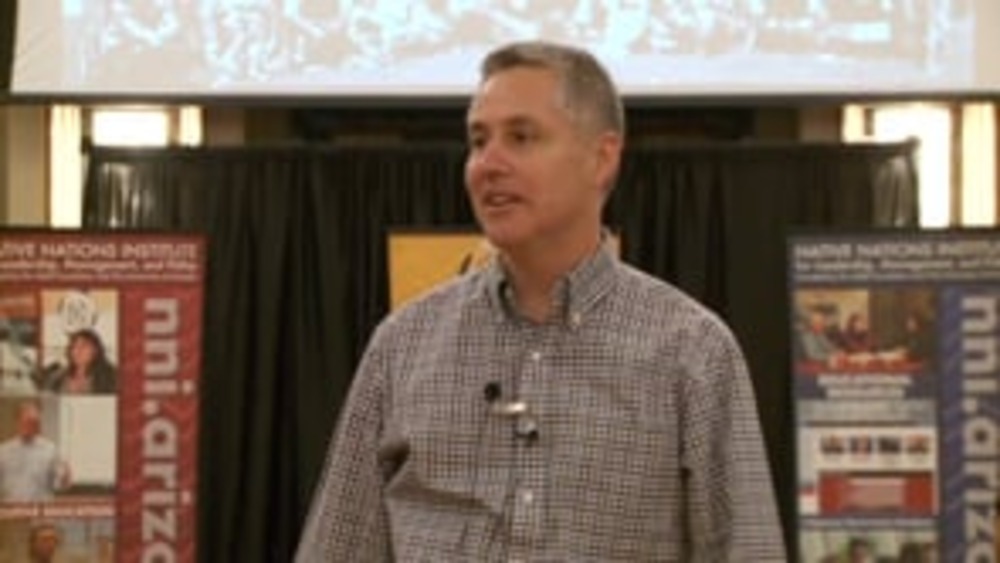
John Borrows: Who Are We and How Do We Know?
University of Minnesota Law Professor John Borrows (Anishinaabe) discusses how the Anishinaabe traditionally defined and practiced notions of social identity and belonging, and how those definitions and practices were rooted in relationships: relationships between those deemed to be part of the…
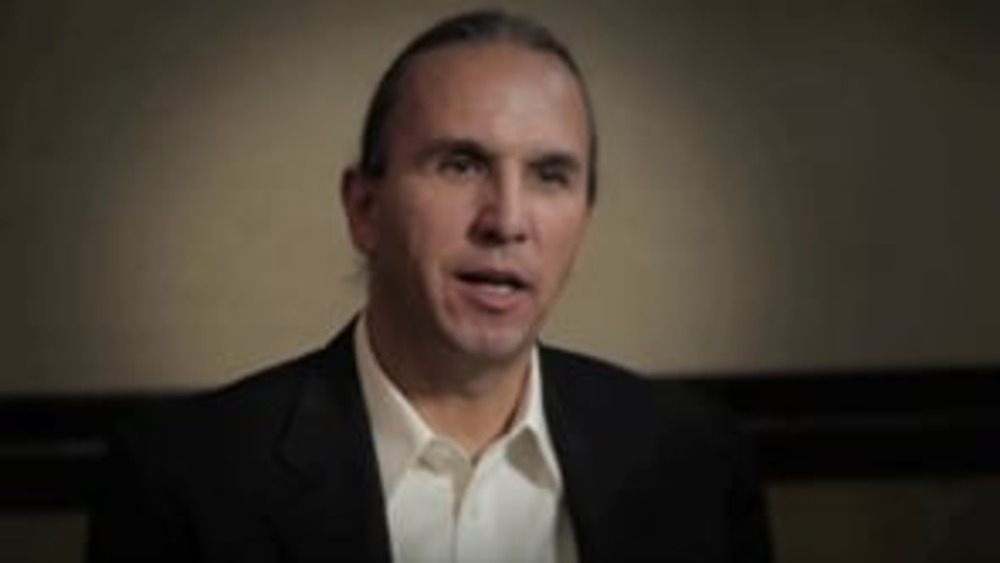
Terry Janis: The White Earth Nation Constitutional Reform Process
In this lively and far-reaching discussion with NNI's Ian Record, Terry Janis (Oglala Lakota), former project manager of the White Earth Nation Constitution Reform Project, provides an overview of the citizen education and engagement campaign that preceded White Earth's historic vote to ratify a…
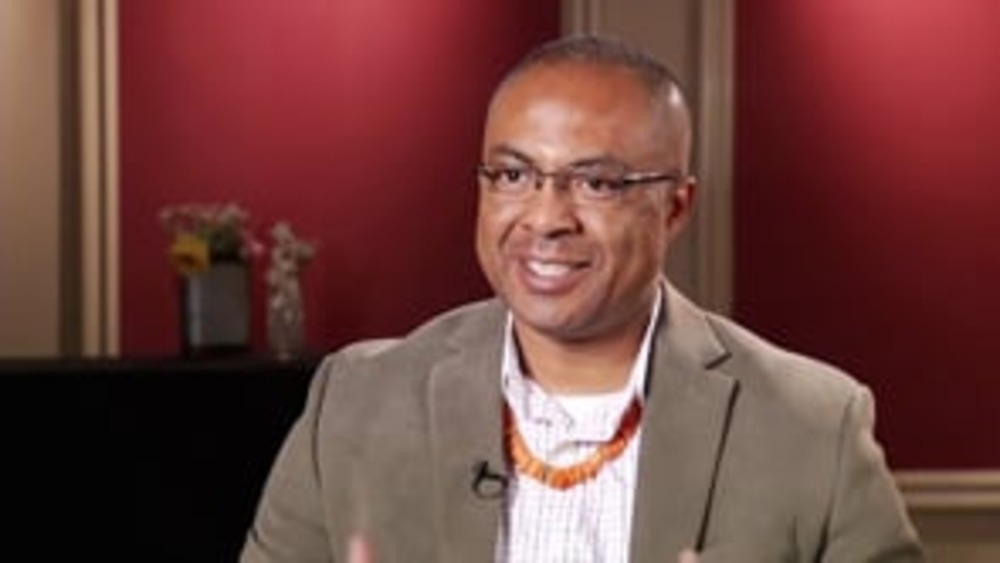
Richard Luarkie: The Pueblo of Laguna: A Constitutional History
In this informative interview with NNI's Ian Record, Laguna Governor Richard Luarkie provides a detailed overview of what prompted the Pueblo of Laguna to first develop a written constitution in 1908, and what led it to amend the constitution on numerous occasions in the century since. He also…
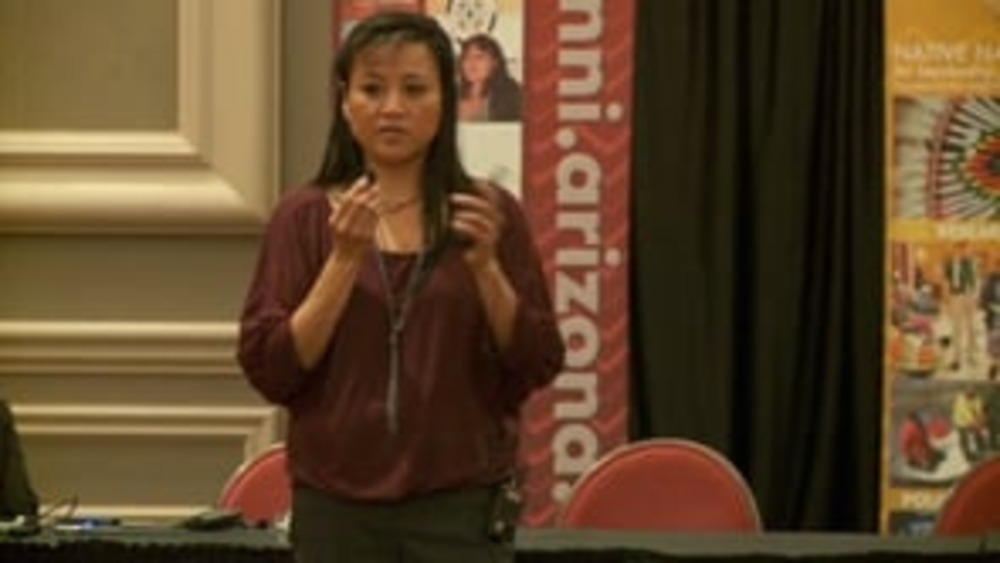
Jennifer Porter: The Kootenai Tribe: Strengthening the People's Voice in Government Through Constitutional Change
Jennifer Porter, former chairwoman and current vice-chairwoman of the Kootenai Tribe of Idaho, discusses how her nation moved to amend it constitution to change its basis of political representation, how the U.S. Secretary of Interior and the Bureau of Indian Affairs (BIA) tried to block the move,…
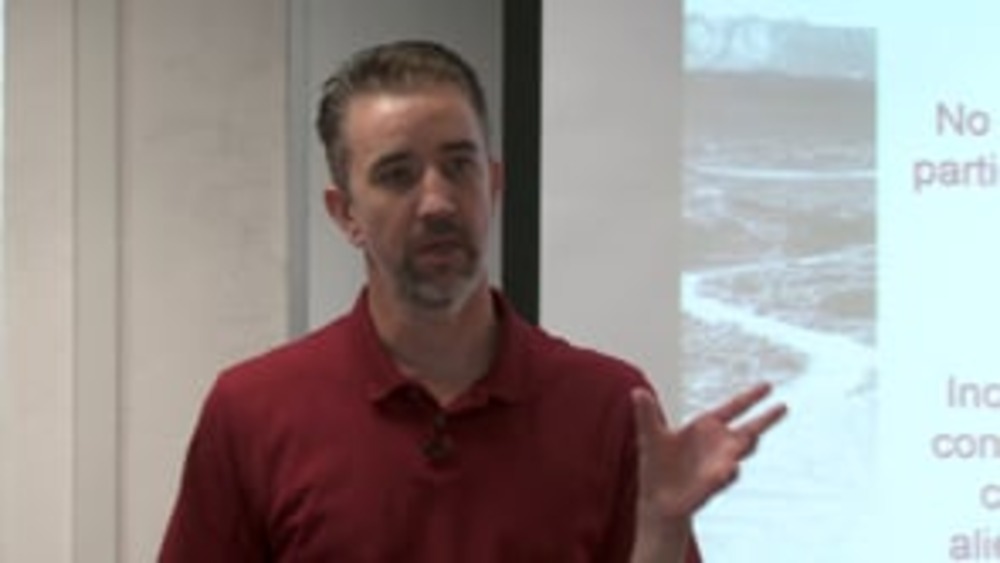
Ian Record: Constitutional Reform: Some Perspectives on Process
Dr. Ian Record, NNI Manager of Educational Resources, provides a broad overview of the inherent difficulties involved with constitutional reform, the different processes that Native nations are developing to engage in constitutional reform, and some of the effective reform strategies that NNI is…
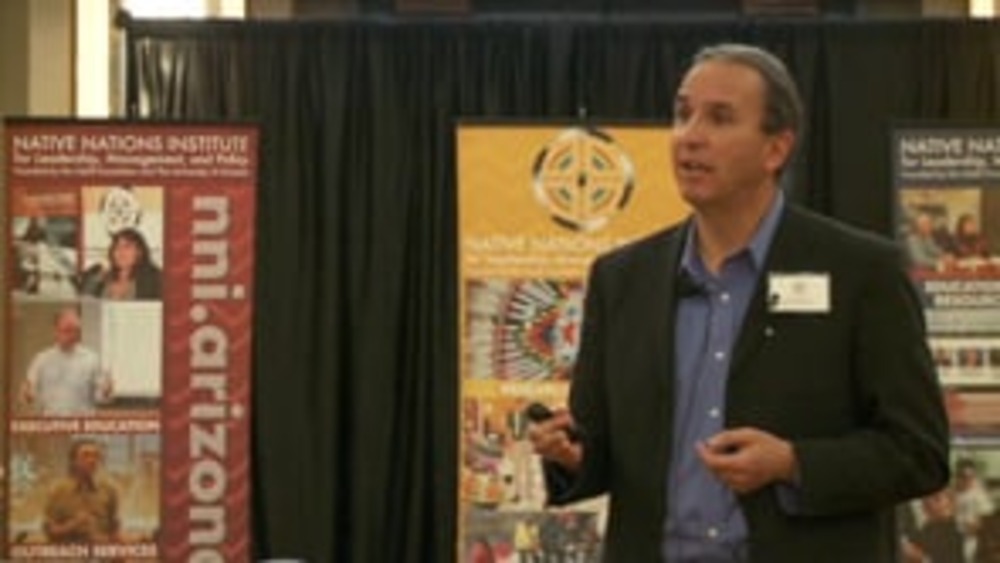
Terry Janis: Citizen Engagement and Constitutional Change at the White Earth Nation
Terry Janis (Oglala Lakota), former Project Manager of the White Earth Nation Constitution Reform Project, provides participants with a detailed overview of the multi-faceted approach to citizen engagement that the White Earth Nation followed as it worked to educate the White Earth people about the…
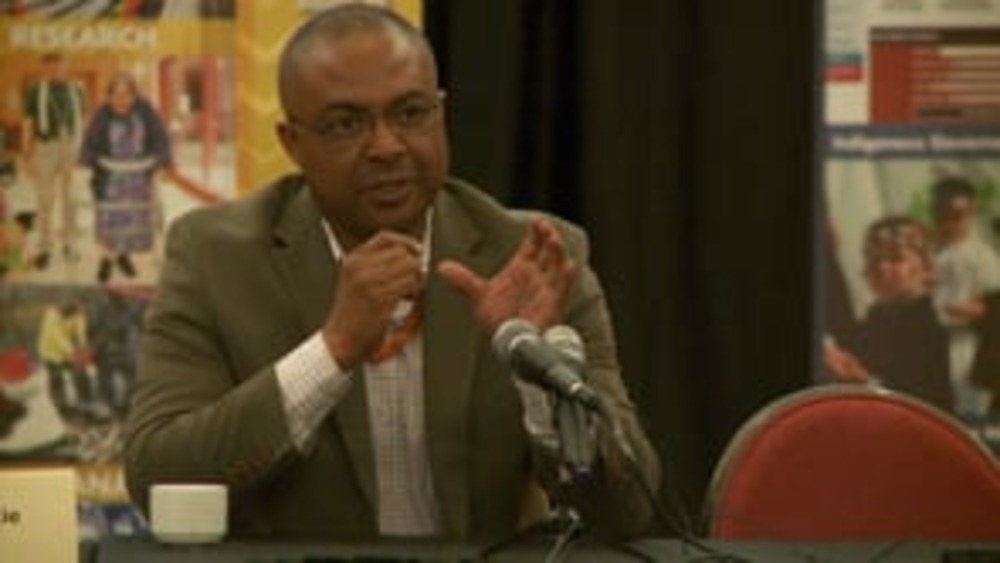
Shannon Douma and Richard Luarkie: How Do We Choose Our Leaders and Maintain Quality Leadership? (Q&A)
Shannon Douma and Richard Luarkie (Pueblo of Laguna) field questions from seminar participants about how the Pueblo and also the Santa Fe Indian School's Summer Policy Academy groom Pueblo youth to take over the reins of leadership of their nations.
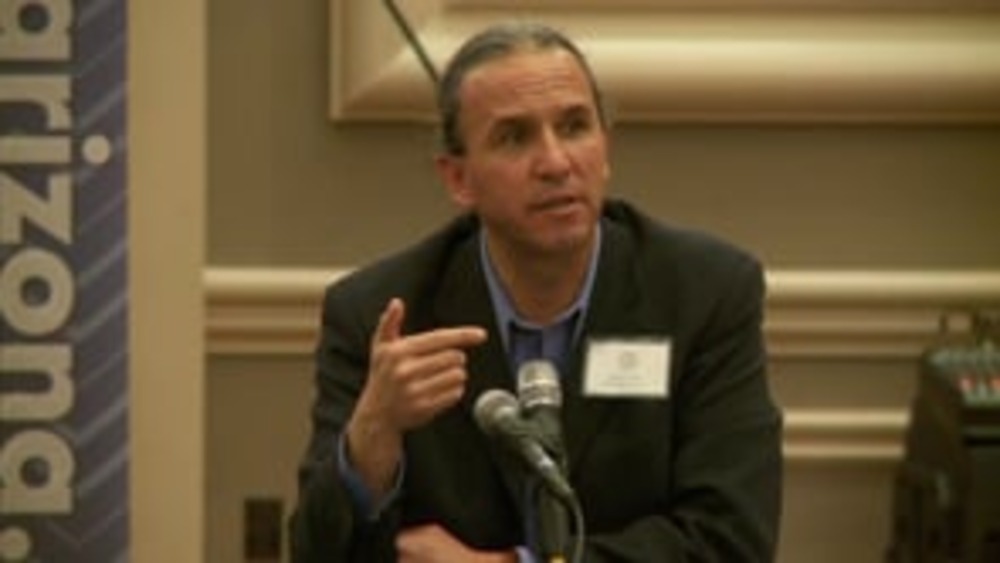
Terry Janis: Citizen Engagement and Constitutional Change at the White Earth Nation (Q&A)
Terry Janis, former Project Manager for the White Earth Constitution Reform Project, fields questions from the audience about his specific role in White Earth's constitutional reform process. He stresses the need for those engaging in constitutional reform to be cognizant of the fact that a process…
Pagination
- First page
- …
- 1
- 2
- 3
- …
- Last page
